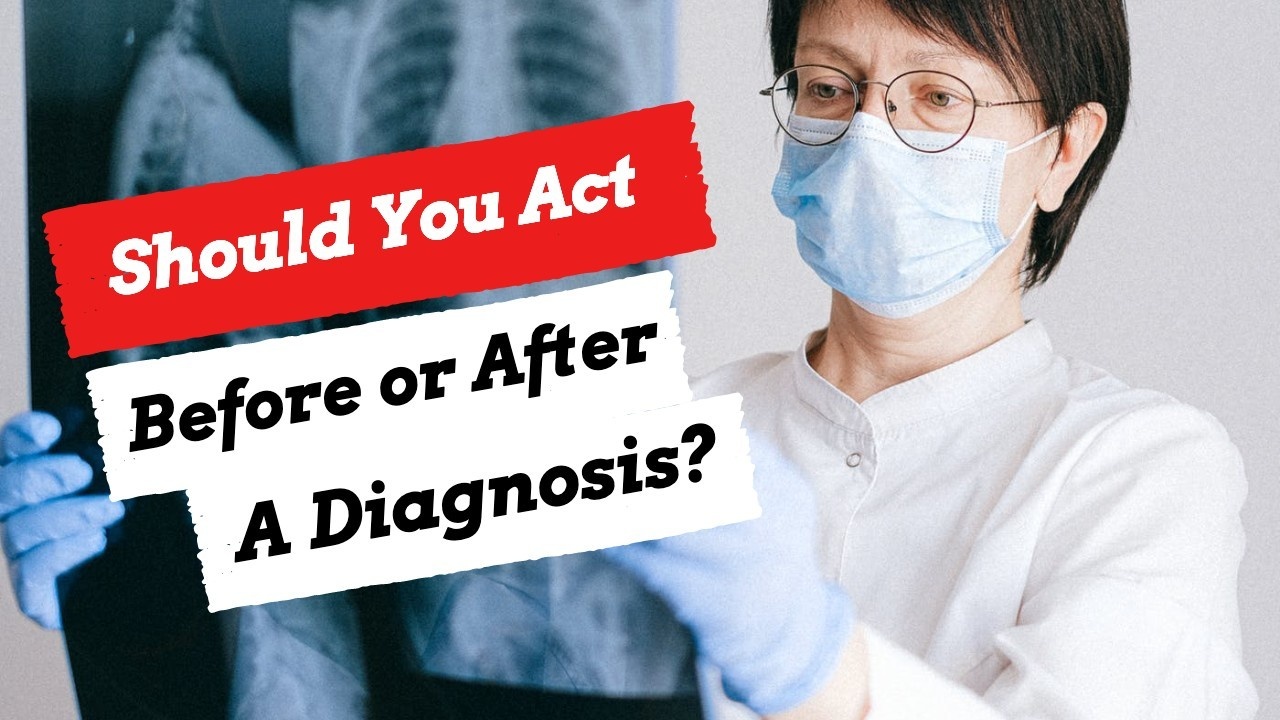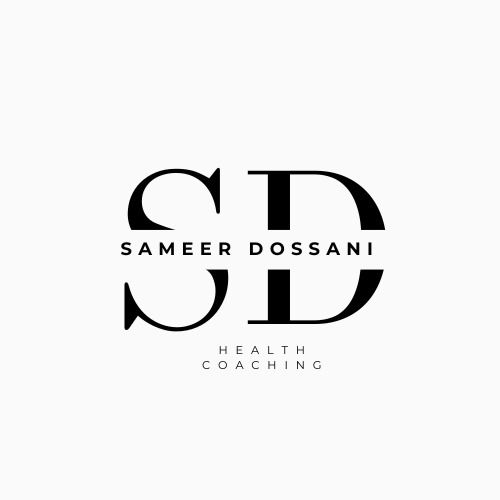Blame vs Responsibility
Nov 16, 2021
In the past few days I have learned about a friend who passed away suddenly, apparently of a heart attack, as well as another friend who got a sudden diagnosis of stage 3 cancer. These would be tragedies at any age, but both of the cases I'm talking about are of people in their forties. It seems even more tragic when the people afflicted are so young.
When this sort of thing happens, one often hears sentiments that are neither kind nor true. “They weren’t exercising enough.” Or “Did you see what his diet looked like?”
This mainstream narrative is an attempt to blame the victim. It’s a terrible thing to do to someone, especially someone’s memory, and only increases the amount of judgment and hate in the world. It’s not even true.
In the launch event for The Health Dialectic - part of which is now available online - Dr. Salimah Valiani asked me about how our environments predispose us to illness. The answer is complicated, but if I were pushed to list the three most important things they would be the following:
a) We’re deliberately misinformed. The mainstream narrative is shaped in part by companies who want us to keep consuming the things that are making us sick.
b) We’re addicted. Potato chips, cakes and bread trigger the reward centres of the brain in the exact same way that cigarettes or heroin do. And the whole purpose of the food flavourings industry is to produce food that’s more addictive. If you think you're immune to this, I know industry insiders who would disagree with you.
c) We don’t address root causes. Band-aid solutions are fine when you’re bleeding, but at some point a good doctor needs to ask why the wound isn’t healing on its own and address those root causes.
The upshot of all this is that whatever health issue you’re struggling with, it's NOT your fault. I repeat:
It. Is. Not. Your. Fault.
(If you're like me, just reading those words feels like a weight lifting off your shoulders.)
It's not your fault, but it IS your responsibility.
What does that mean? Once we understand that we’ve been misinformed and manipulated, what do we do with that information? We can choose to keep going in the same direction, or we can choose another direction. Whatever choice we make, we must be 100% responsible and accountable for the results of that choice.
I’ve met so many people who were “too busy to prioritise health”. All of those people had the advantage of being healthy - they hadn’t yet received a serious diagnosis. Those same people often find that they can’t prioritise anything EXCEPT their health after a diagnosis.
An ounce of prevention is worth a pound of cure. Once someone has had their first heart attack, or stroke, or been diagnosed with Type 2 Diabetes, or Alzheimer’s Disease or cancer, the options are limited. Medications (each with their list of side effects) and (sometimes risky) operations are inevitable.
Before a diagnosis, simple lifestyle changes can dramatically reduce risk for the vast majority of people. For those in my coaching classes this means committing to weekly one-hour coaching sessions where you will set your own pace for adopting healthier habits.
The results are amazing - weight loss, better sleep, huge improvements in energy levels and better blood test results in a matter of weeks. And tears as people realise how much time, energy and money they've put into approaches that were never going to work for them.
What's more, these results happen without the hunger and suffering that's usually seen as the price of good health.
If any of this resonates with you even a little, I invite you to book a private strategy session. The strategy sessions delve into a simple but irrefutable truth: no one is too busy to prioritise their health.
I've worked with some of the busiest people in the world - Executive Directors of NGOs, people who run their own company and even mothers of newborns. If they can do it, so can you.
🌱 Ready to Find Your Path to Gut Freedom?
Stop trying to solve your Crohn's, Colitis, or IBD alone with conflicting advice. A personalized plan is the fastest way to clarity and relief.
On a free call, you’ll get:
✅ Clarity on your triggers – Identify the dietary and lifestyle factors uniquely impacting you.
✅ A tailored starting point – Get actionable steps to reduce inflammation and calm your gut.
✅ Real answers – Ask anything about your symptoms and healing (no topic is off-limits).
💬 “Working with Sameer gave me a clear path when I felt completely lost. This is the guidance I needed.” – Previous Client
Your personalized plan is a conversation away.

